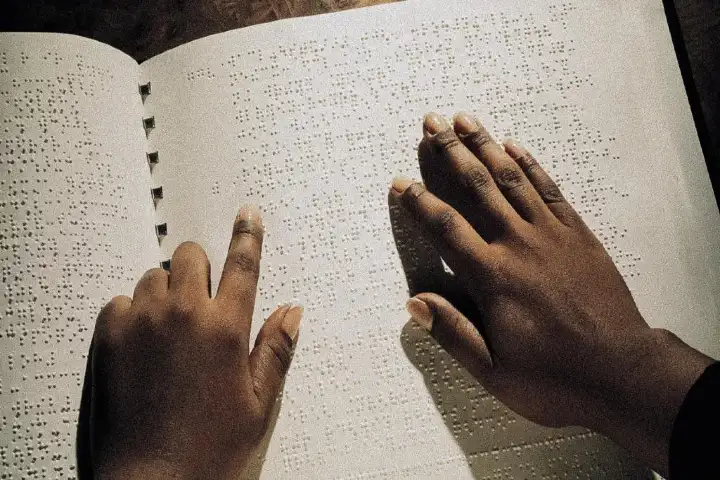No more will the visually-challenged be deprived of reading and enjoying the renowned and classical Tamil literary works. Doing this extraordinary and remarkable job is the Central Institute of Classical Tamil which plans to bring out 46 great Tamil literary works in Braille script for the benefit of the blind.
The 46 works selected to be brought out in Braille format include Tolkappiyam, Natrinai, Kurunthogai, Ainkurunu, Kalithokai, Naladiyar, Silapathikaram, and Manimegalai among others.
Significantly, as per the Press release issued by CICT Director, R. Chandrasekaran, these versions will be provided to the blind people free of cost.
Talking to the media, Chandrasekaran said: “In any college, there will be two or three visually challenged students pursuing Tamil literature. But there are no Braille books of ancient Tamil literature available to them. They have to depend on others. Now, these Braille versions of texts will ensure that they can read the ancient literature on their own.”
The whole project which started in March this year is expected to be complete by December.
These volumes will have the Tamil text and simple interpretations of poems. The only ancient Tamil epic available in Braille so far is of Tirukkural.
Apart from this CICT is making efforts to promote the great ancient Tamil works across the globe. Under this initiative these literary works have been translated into English, French, and German apart from Indian languages.
The release said: “The CICT has translated the oldest Tamil literary work, Tolkappiyam, in English, Kannada and Hindi. Soon, it will be translated into Malayalam.”
The ancient Tamil-Buddhist epic Manimekalai which is one of the of the five great epics will be translated in 18 different languages including Malay, Chinese, Japanese, Korean, and Sinhalese. “The translation has been completed in six languages including Thai, Telugu, Kannada and Hindi. We are expecting all translations to be ready by March next year,” informed Chandrasekaran.
Manimekalai is a sequel to the earliest Tamil epic Silappatikaram. Composed by Seethalai Sathanar it deals with reformist ideas like prohibition, eradicating hunger and abolishing prostitution and prisons. It will be the second widely translated epic after Tirukkural.















